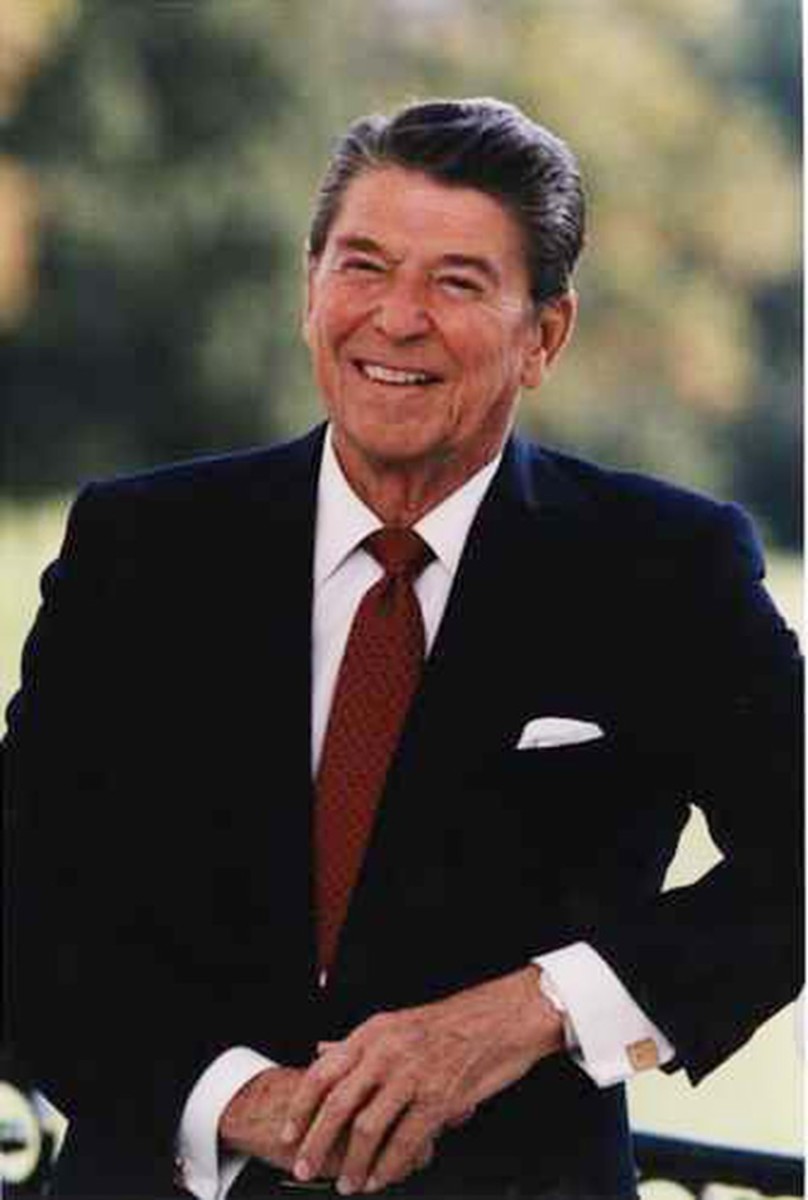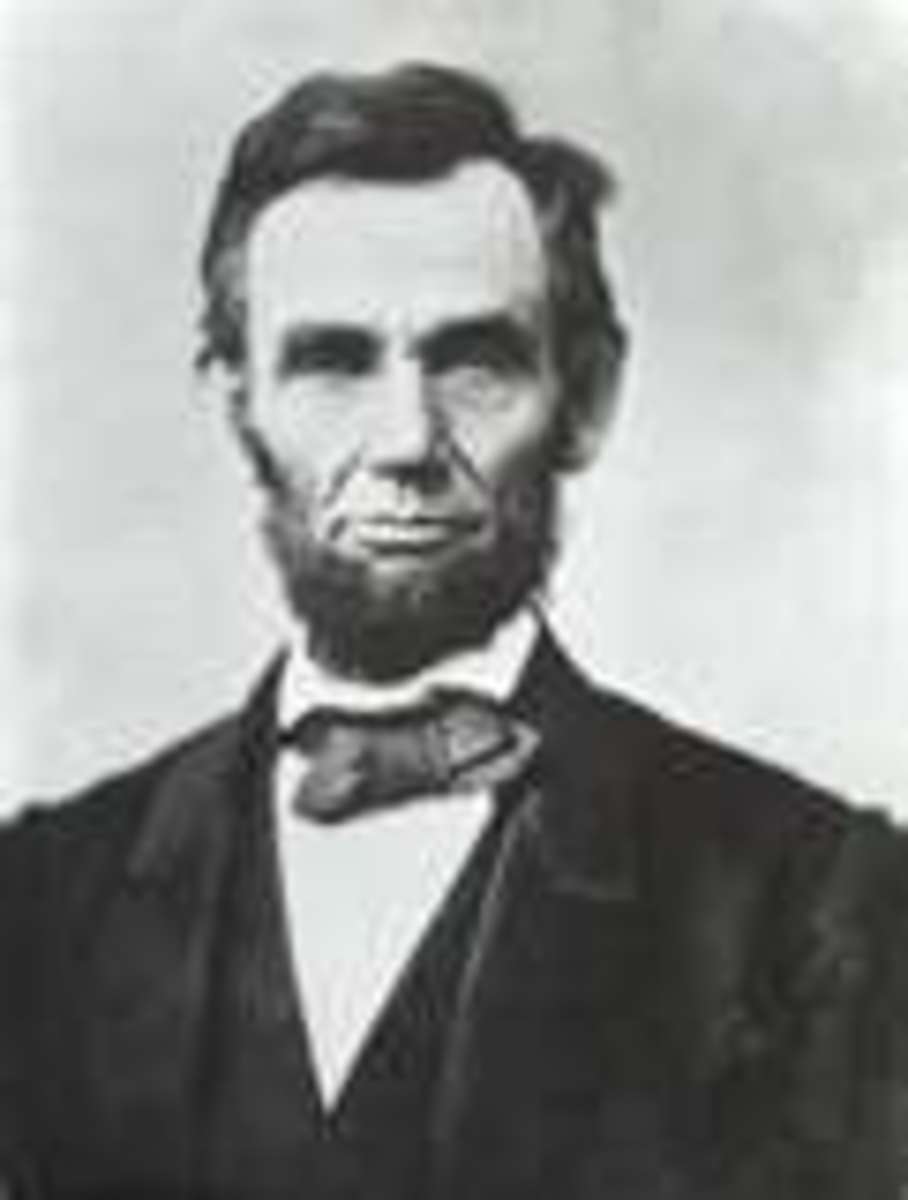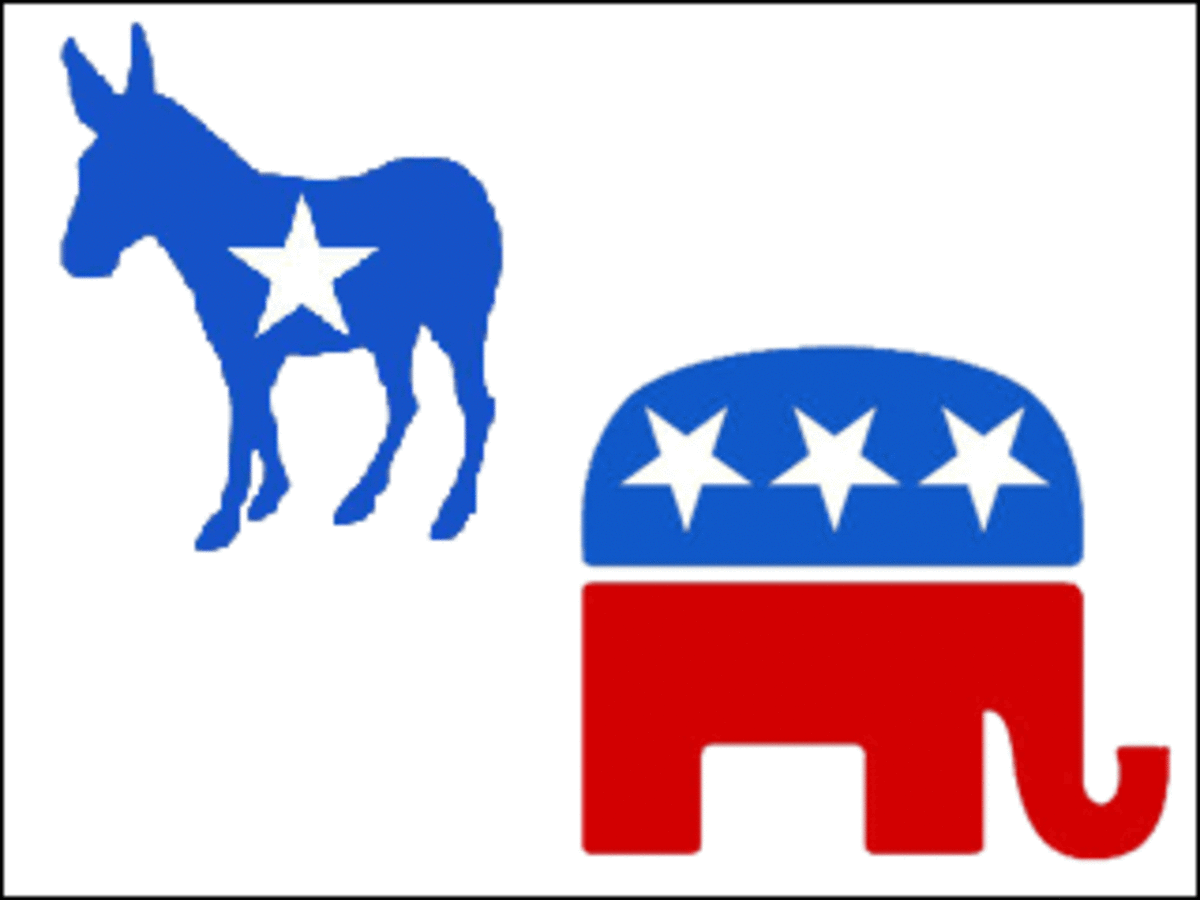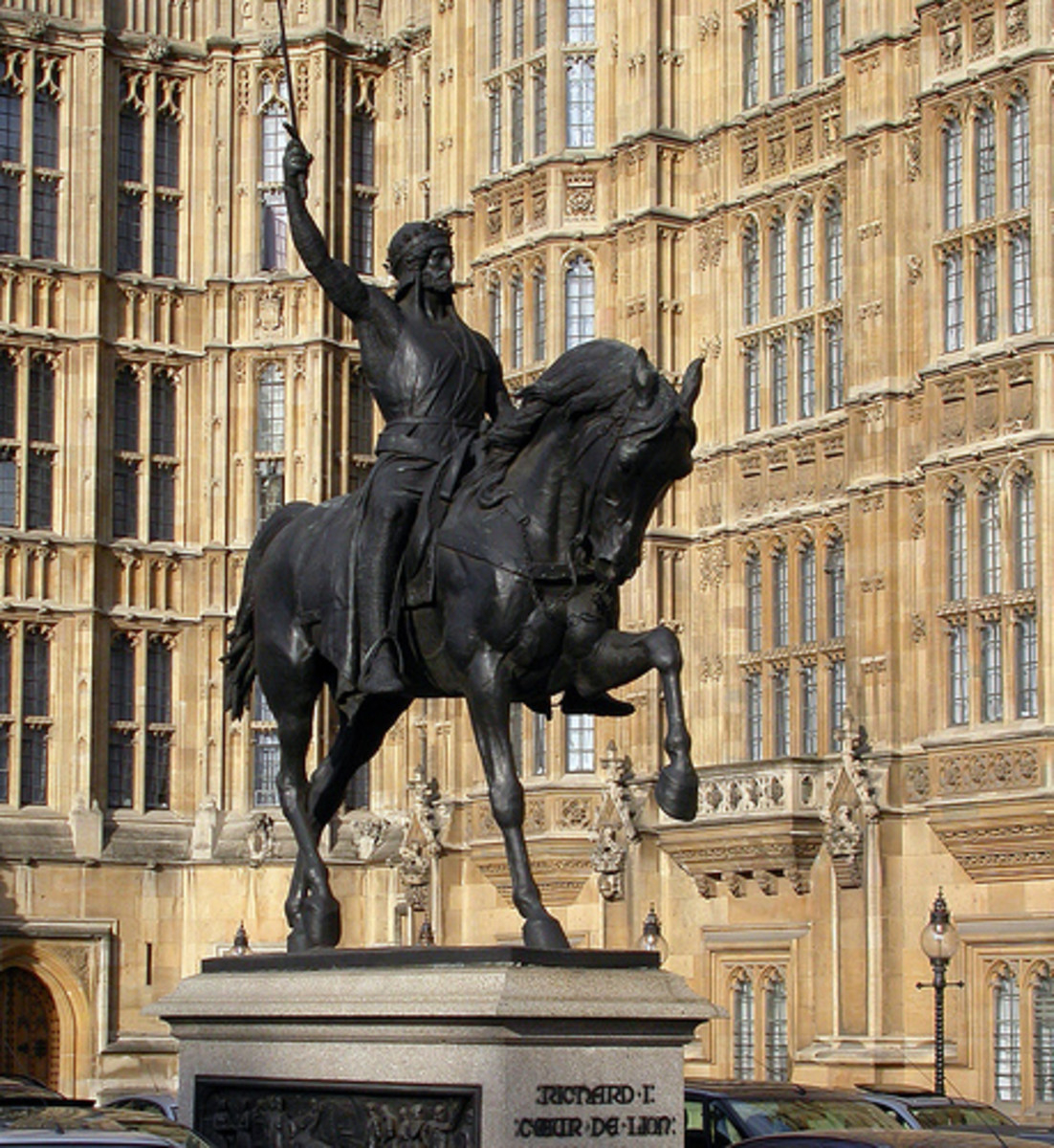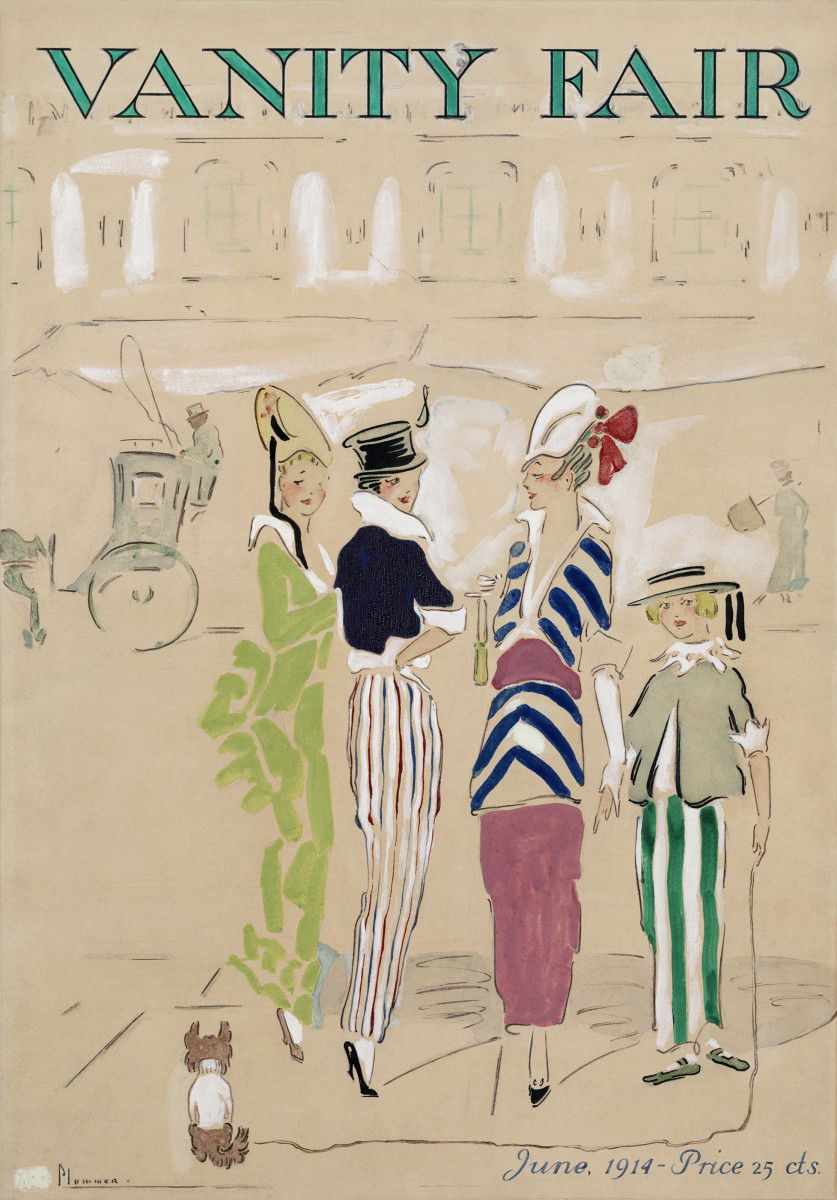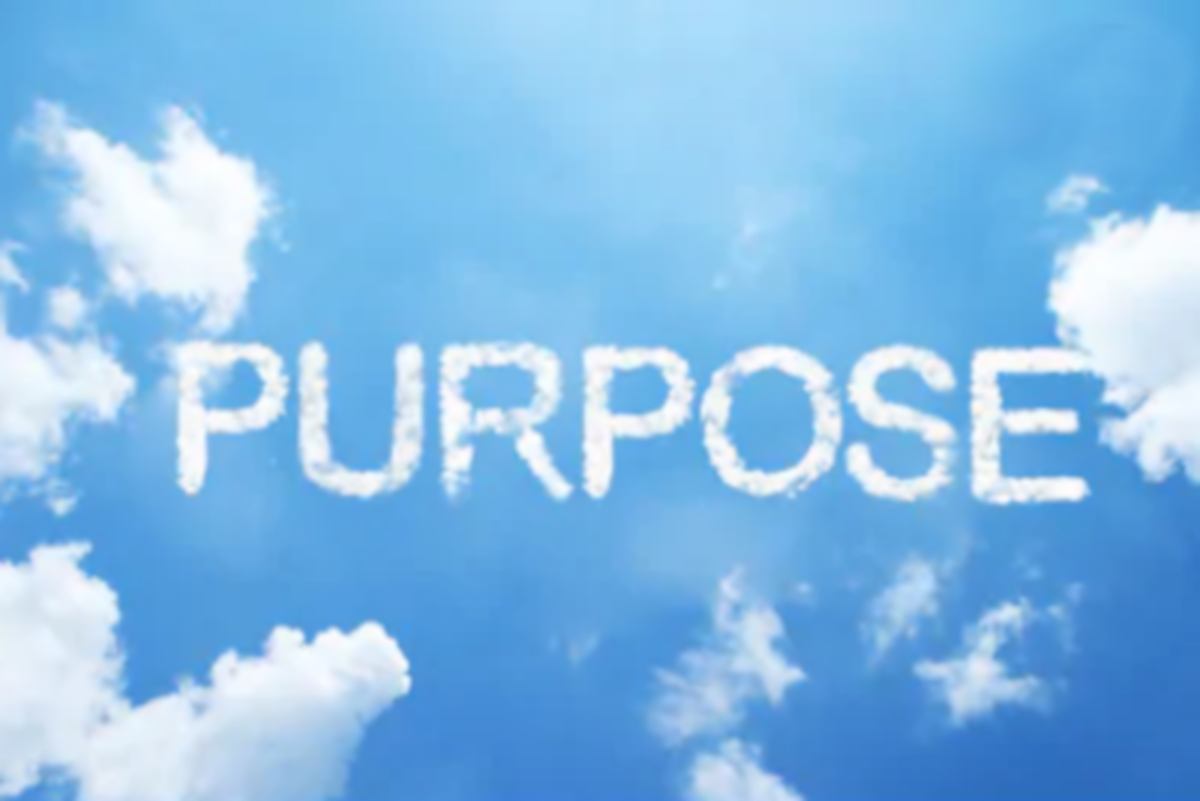Republocrat: A Book on Liberal Conservatism?!?
Carl Trueman's Republocrat: Confessions of a Liberal Conservative
At the continuing behest of a friend, I recently ordered a book on the intersection of politics and religion. This book was Republocrat, which itself seems to indicate an conflation of terms. The subtitle of the book is Confessions of a Liberal Conservative, which seems to be an oxymoron, especially given the vitriolic hatred spewed from the mouths of those on both sides of the political aisle in America.
The book's author is Carl Trueman, who is a member of the church history faculty at Westminster Theological Seminary in Philadelphia, PA. This seminary is a part of the conservative branch of American Presbyterianism. They hold to the inspiration of the Bible and would be considered the tenets of historical Protestant and Reformed Christianity. They are not theological liberals. Both Westminster and Trueman would fall squarely in what would be considered the evangelical camp. I previously read his book Histories and Fallacies and found it a quite entertaining look at a subject I don't find terribly interesting--historiography. A previous book, known as Minority Reports included a number of essays that were at once humorous and thought-provoking.
Most people associate evangelical Christians with the "religious right" in American politics. Evangelicals are frequently tied directly to the Republican Party, a belief in American Exceptionalism that claims America as God's chosen nation, and a strong belief that capitalism is ordained by God to bless everyone. Trueman, however, is not an American, and gives a scathing critique to both sides of the political aisle. He levies his harshest attacks on the political right because it is his main audience.
Trueman confesses at the outset of the book that he was a Thatcher partisan in his early political life in Britain, but then became disillusioned and became a supporter of Labor (Labour if you are British). One of his turning points was finding out that famed Communist-hater Rupert Murdoch (the owner of Fox News) basically cut a book critical of China from production at Harper Collins (owned by Murdoch) because he was afraid it might hurt his business interests in China.
Theological Conservatism vs. Political Conservatism
Does Theological Conservatism require its adherents to support the curent wave of American Political Conservatism?
Does a Theological Conservative Necessarily Need to Be a Political Conservative?
Trueman's thesis in the book is that theological conservatives do not necessarily have to be beholden to political conservatism. Trueman did not approve of the hot-button issues of abortion or gay marriage in Republocrat. However, he did have a problem with the individualistic and secular mindset of most American Christians.
His first chapter bemoaned the fact that old-school liberals have nowhere to go after the New Left started to concern itself with those who merely felt oppressed, rather than those who were exploited because of race or economic standing. He supports much of the activities of the welfare state that provide an avenue for assistance to the poor and needy. He likes the idea of universal health care, arguing that it helped his poor, working-class family in England.
Other important themes that Trueman discusses are the secularization of the American church, the media, the glorification of capitalism, and the lack of respectful discourse on either side of the political divide. When discussing the media, Trueman argues that it is important the Christians must be good citizens. To achieve this goal, he believes that a variety of news outlets should be scanned. He was very critical of those who think that Fox News is the "unbiased" news source and pointed out a couple of instances of popular pundits on the station who are not quite logical in their arguments. He recognizes that MSNBC is biased as well and that these channels merely attempt to sell advertising space by drawing in viewers. He calls for a critical look at all venues, and believes that many of his fellow-Christians are not discerning in that respect.
Trueman is no communist. He believes that capitalism is the best economic system available today. He admits that it has led to a good deal of wealth creation and good for society. However, he does not believe that it will necessarily be the best economic system of all-time and points out that feudalism was all the rage at one time. He also rightly points out that the system leads to materialism, pointing out that it requires people to continue buying--otherwise we would all be fine wearing bell-bottoms looking like we were trying out for a bad Elton John movie (paraphrase, but close to his words). He argues against the Weber Thesis regarding the rise of capitalism because of Calvinist Protestantism. Rather, he believes that the marginalization of dissenting groups forced them to look to other avenues of making a living. He points out that the idea there will be no exploitation in a free market is quite foolish because people are selfish.
Conclusions
Trueman admits that he is a bit provocative in his writing, and this book fits the bill. Many hard-core conservatives will find the book troubling for a number of reasons. Many on the left will also find the book disconcerting. It's author is a complicated person, and argues that politics is quite complicated, rather than the black-and-white, Manichean struggle of Wild West proportions. His criticism of the right does not include criticism of some of the more thoughtful thinkers, but rather includes people like Glenn Beck. This is a weakness of the book, but is probably present because of the intended audience.
Trueman calls for civility in politics among Christians and argues that bleeding hearts (at least on an economic level) and stereotypical conservatives should be able to worship together and largely leave their politics at the door, pointing out that the Bible does not directly address many of the current issues in politics. He believes that the current litmus test that almost questions the evangelical orthodoxy of those who disagree with Fox News could turn off a generation of people who have concern for the poor and take other stands that question the established rhetoric (i.e. related to the environment and foreign policy). The book is quite humorous at times (I literally found myself doing an LOL on more than one occasion) and is, at just over 100 pages an easy read. In spite of its controversial nature, the book is a valuable read that should encourage discourse among Christians, while simultaneously challenging prevalent thinking.

